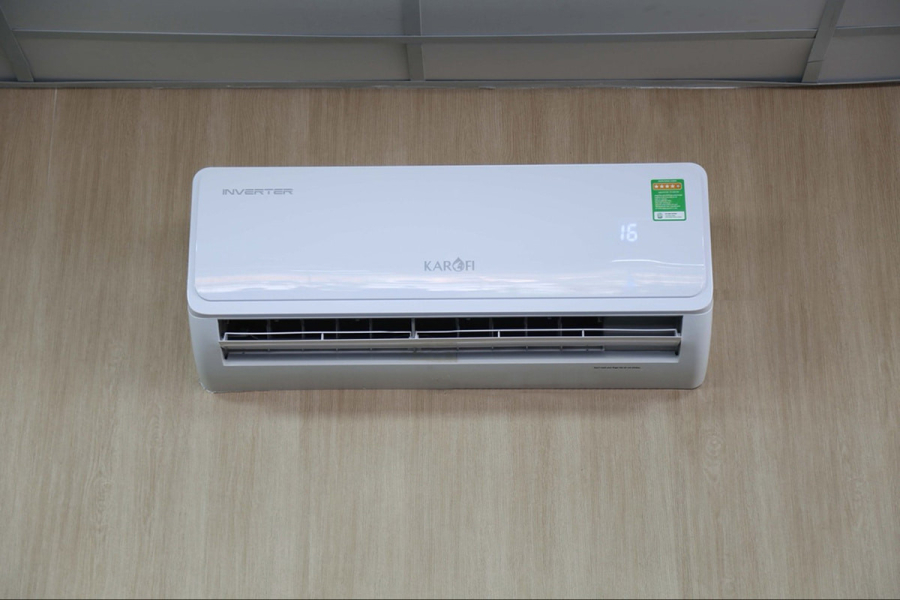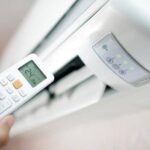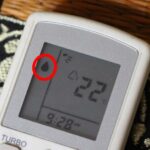In modern life, water heaters, refrigerators, and air conditioners are common household appliances that enhance our quality of life. However, improper use of these appliances can lead to high energy consumption, resulting in significantly higher monthly electricity bills. The following are tips and methods to optimize energy use and minimize electricity consumption when using water heaters, refrigerators, and air conditioners.

1. How to Use a Water Heater Efficiently
Water heaters can be energy-intensive if not used properly, especially during winter when the demand for hot water increases. To save energy when using a water heater, consider the following measures:
Use the water heater rationally
Turn it off when not in use: It is common to leave the water heater on continuously throughout the day. This not only wastes energy but also reduces the appliance’s lifespan. It is advisable to turn on the water heater 15-20 minutes before use and turn it off immediately afterward to conserve energy.
Set a reasonable temperature: Setting the temperature too high is not only wasteful but also unsafe. The ideal water temperature should be between 122-140°F, which is suitable for bathing without wasting electricity.
Maintain the water heater regularly
Regular cleaning: Accumulated calcium and sediment in the tank can reduce the heating efficiency, leading to higher energy consumption. Regular cleaning of the water heater will ensure stable performance and energy efficiency.
Inspect the burner and drain valve: A damaged or worn-out burner can increase electricity usage. Regularly check and replace the burner if necessary.
2. How to Use a Refrigerator Efficiently
Unlike other appliances, refrigerators operate continuously, and turning them off is not an option for energy saving. However, you can implement the following strategies to reduce your refrigerator’s energy consumption:
Adjust the temperature reasonably
Ideal temperatures for the fridge and freezer: For the fridge compartment, an ideal temperature range is 35-41°F. For the freezer, aim for temperatures between 0°F and 5°F. There is no need to set the temperature too low, as this will waste electricity and reduce the lifespan of your food items.
Arrange food efficiently
Avoid overloading: Overloading the refrigerator forces it to work harder to maintain a stable temperature. For efficient operation, arrange food items neatly and avoid stacking them excessively.
Minimize door openings: Each time the refrigerator door is opened, cold air escapes, requiring the appliance to work harder to cool down again. Try to reduce the frequency of door openings and close the door promptly after taking out or putting in items.
Maintain the refrigerator regularly
Clean the refrigerator and inspect door seals: A rubber gasket that is not sealed properly allows cold air to escape, causing the refrigerator to work harder to compensate. Regularly check and clean the door seals to ensure the refrigerator maintains a stable temperature.
Clean the condenser and evaporator coils: Dust accumulation on these coils reduces the cooling efficiency of the refrigerator, leading to longer running times and higher electricity usage. Regular cleaning of these parts ensures optimal performance.
3. How to Use an Air Conditioner Efficiently
Air conditioners are major electricity consumers, especially during hot summer months. To use an air conditioner effectively without wasting electricity, consider the following tips:
Adjust the temperature reasonably
Avoid extremely low temperatures: The ideal temperature range for air conditioning is typically between 79-82°F. Setting the temperature too low will result in continuous operation and high electricity consumption. Adjust the temperature appropriately to save energy and avoid thermal shocks when moving between conditioned and non-conditioned spaces.
Use energy-saving modes
Activate “Eco” mode: Most modern air conditioners have an energy-saving mode (“Eco” or “Energy Saving”). This mode helps maintain stable operation while reducing energy consumption.
Combine with a fan: Once the room is cooled, you can turn off the air conditioner or set it to a lower setting and use a fan to circulate the air. This reduces the air conditioner’s electricity usage while maintaining a comfortable environment.
Maintain the air conditioner regularly
Clean the air filter and outdoor unit: A dirty air filter restricts airflow, forcing the air conditioner to work harder to cool the space. Regularly clean the air filter and check the outdoor unit to ensure efficient operation.
Proper use of water heaters, refrigerators, and air conditioners not only saves energy but also extends the lifespan of these appliances. By following the above tips, you can reduce your monthly electricity bills and contribute to environmental protection through energy conservation.



































